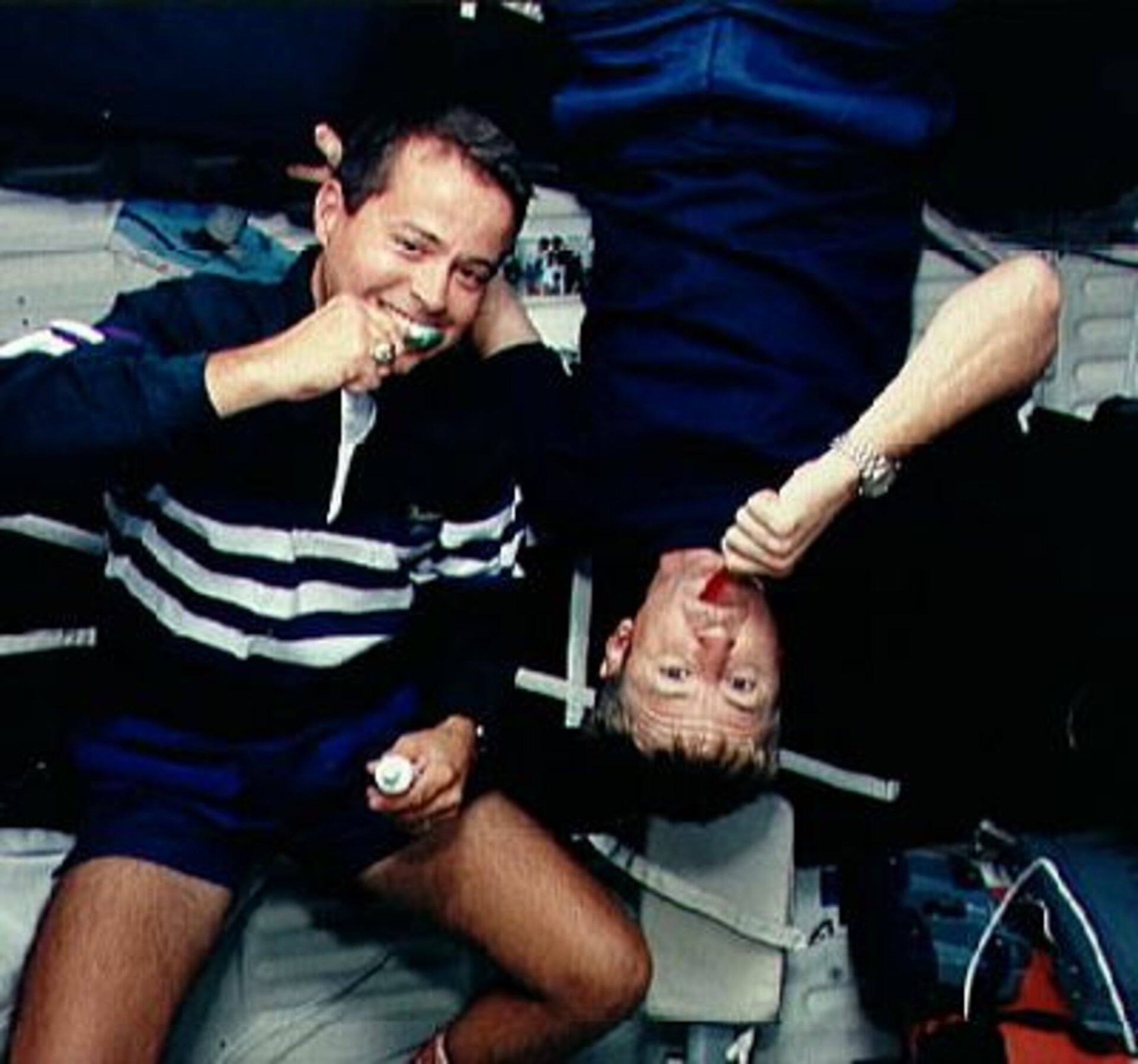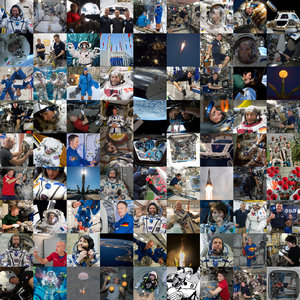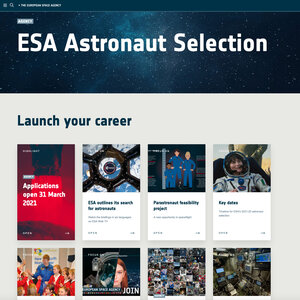How to become an astronaut
Becoming an astronaut is neither simple nor straightforward; there are no schools for astronauts or university courses. So how do you become an astronaut and what qualifications and qualities do you need?
Information provided on this page relates to the 2008-09 selection campaign only. ESA is recruiting for astronauts again in 2021-22. Details of this new recruitment process are outlined here.
Space agencies are looking for the best people possible. Training an astronaut is a considerable investment for any agency; training is lengthy and expensive, and the support needed both before and during a space mission is costly.
It takes years to organise a space mission and altogether hundreds of people are involved in preparing the astronauts and the spacecraft. Astronauts are pivotal to the success of a mission but flight opportunities are limited, so space agencies want to be sure that the astronaut selected will make the best possible use of the precious time they will spend in space.
What qualities do you need?
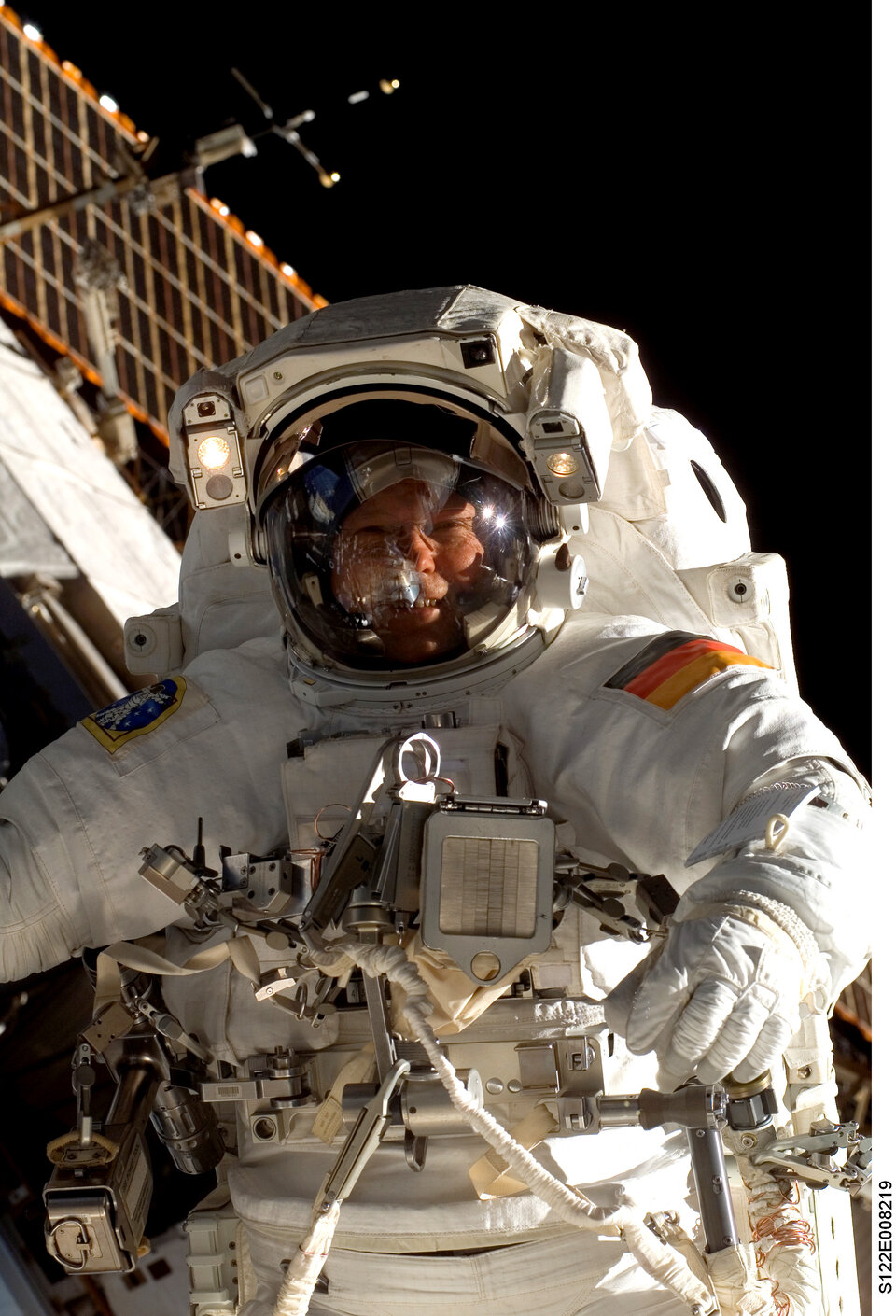
Astronauts need to be able to apply their considerable knowledge and skills to the tasks for which they have been trained; be able to bear tremendous responsibility while in orbit; and be determined to succeed. This is what makes them special.
A high level of education in scientific or technical disciplines, coupled with an outstanding professional background in research, application or education fields possibly supported by the use of computer systems and applications, is essential. Previous experience with aircraft operations is a bonus, particularly if it involved responsible tasks such as being a test pilot or flight engineer. The more skills and experience an applicant has the better, as this will increase their ability to undertake a variety of tasks.
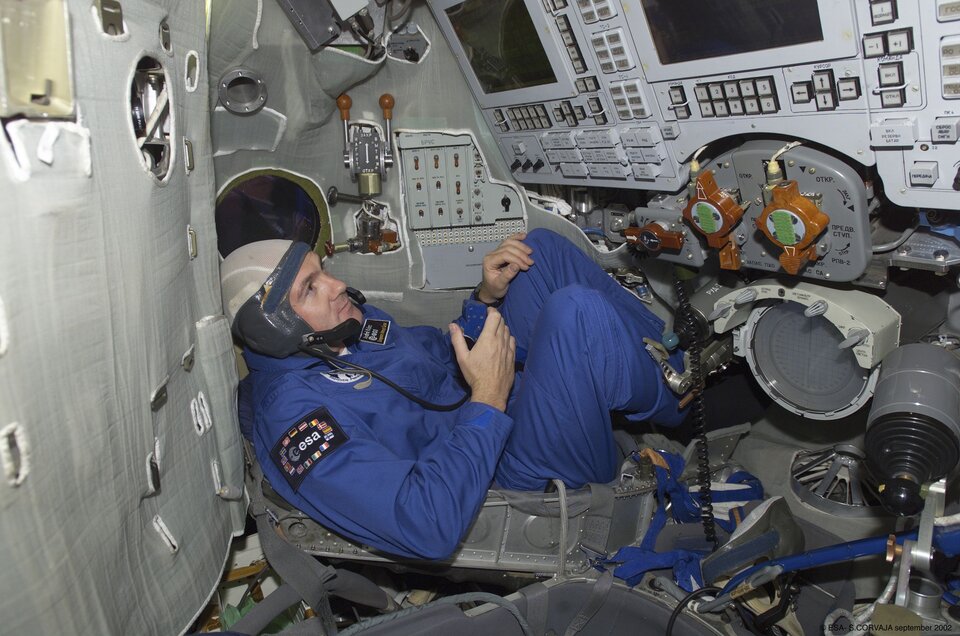
Equally essential is excellent physical condition. Astronauts have to undergo intensive periods of training and may participate in spaceflights that last for months. During this time their body will be subject to a great deal of stress and good health and physical endurance are essential.
It is a challenge to live in a confined space for long periods with other people. Among the psychological qualities required are the ability to get on well with other members of the crew, and an affinity for teamwork and adaptability, as the space crew must work well together. Would-be astronauts also need self-control and an equable temperament to cope with stress and any emergency that may arise.
On the operational side, an ability to adapt quickly to changing situations and mature judgement will be of great help in performing tasks and optimising on-orbit routines and procedures.
Lastly, astronauts must be willing to travel long distances, both on Earth and in space, and to spend long periods away from home as astronaut training takes place in a number of countries and they may participate in long-duration missions.
Public relations
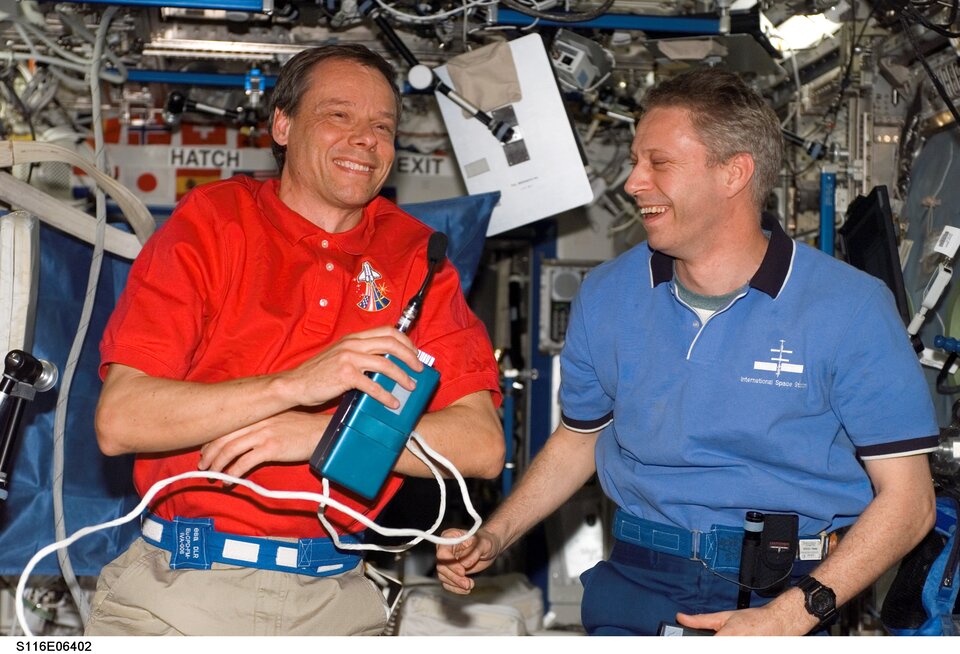
Astronauts are often in the spotlight as the public and the media are curious about their life and missions. This means they must enjoy meeting the public and the press, and be able to communicate the importance of their tasks in space.
Fluency in English is mandatory and a good knowledge of Russian is an asset as it facilitates training at the Gagarin Cosmonaut Training Centre in Russia. Interest in, and knowledge of, American, Russian and Japanese culture is also useful as it will facilitate good relations with our international partners on the Space Station.
Recruitment
If you believe you have the above qualities and qualifications, and can remain dedicated to your goal of becoming an astronaut, even though it will mean years of hard work, preparation and patience as you wait for an opportunity to finally board a spacecraft, then you could apply to the European Astronaut Corps.
ESA astronauts can only be selected from countries that are ESA Member States and Associated Member States.
A selection round was held between May 2008 and May 2009. From the applicants, 8413 qualified for the selection process that was performed under the lead of ESA’s European Astronaut Centre (EAC), based in Cologne, Germany. On 20 May 2009, six new ESA astronauts were presented at a press conference held at ESA Headquarters in Paris, France. The new ESA astronauts began their basic training at EAC on 1 September 2009.
Applications for ESA's 2021-22 astronaut selection open 31 March 2021. Find information specific to this astronaut selection process and recruitment criteria here.















 Germany
Germany
 Austria
Austria
 Belgium
Belgium
 Denmark
Denmark
 Spain
Spain
 Estonia
Estonia
 Finland
Finland
 France
France
 Greece
Greece
 Hungary
Hungary
 Ireland
Ireland
 Italy
Italy
 Luxembourg
Luxembourg
 Norway
Norway
 The Netherlands
The Netherlands
 Poland
Poland
 Portugal
Portugal
 Czechia
Czechia
 Romania
Romania
 United Kingdom
United Kingdom
 Slovenia
Slovenia
 Sweden
Sweden
 Switzerland
Switzerland


























